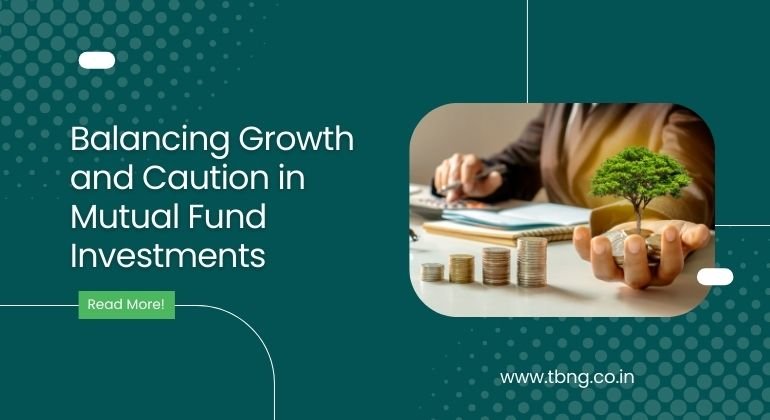Balancing Growth and Caution in Mutual Fund Investments
As India’s economy continues its strong upward trajectory—boasting a projected growth rate of 7.2% this year , many retail investors have been buoyed by the positive momentum in equity markets. Mutual funds, particularly sectoral and thematic funds, have garnered tremendous attention, with inflows reaching unprecedented levels. In September alone, these niche categories saw inflows of ₹13,225 crore , a clear indicator of retail investors’ heightened enthusiasm.
However, I would like to take this moment to share a word of caution. As the equity markets gain momentum, investors are increasingly looking to diversify their portfolios by exploring new fund options rather than simply bolstering existing ones. This trend is typical in bull markets, where rising fund performances encourage a more adventurous mindset. While this eagerness to seek out larger opportunities can lead to significant gains, it also heightens the necessity for careful assessment, as the pursuit of higher returns can bring added risks. Striking a balance between ambition and caution is vital to achieving sustainable growth and long-term financial stability.
As of August 2024, individual investors have allocated a staggering 87% of their mutual fund portfolios to active equity schemes, with only 9% in debt funds and negligible exposure to liquid funds and ETFs. This allocation reflects a growing appetite for risk at a time when optimism around market returns is high. While it’s tempting to chase the higher returns promised by such investments, it’s equally crucial to recognise the risks that come with this pursuit.
Here are some risks listed:
● Market Volatility: Sectoral funds are sensitive to fluctuations within specific industries, making them vulnerable to significant short-term losses during market downturns.
● Sector Dependency: The performance of sectoral funds relies heavily on the success of the chosen sector. If the sector underperforms, it can lead to substantial losses for investors.
● Higher Costs: Many sectoral funds incur higher management fees, which can eat into overall returns, especially if the fund does not perform as expected.
● Concentration Risk: Sectoral funds tend to focus on a narrow range of stocks within a specific sector, increasing the risk if those investments do not perform well.
● Cyclical Nature: Sectoral funds are often influenced by economic cycles. If the underlying sector faces a downturn, the returns could falter significantly, impacting overall portfolio performance.
With the advent of new fund offers (NFOs) that take advantage of the current frenzy, sectoral and thematic funds have become an even more alluring option. Nevertheless, most investors are unaware that these funds are at the higher end of the risk-return spectrum and are susceptible to recency bias as a result of their recent outperformance. The success of particular industries or themes has a direct impact on their performance. In the event that market cycles shift or the underlying sector performs poorly, the results could be disappointing.
Key Takeaways for Investors:
1. Balance Risk and Reward: High-risk, high-reward mutual funds have gained popularity, but ensure your portfolio includes safer debt or liquid funds to balance the risk.
2. Avoid Impulse Decisions: The wave of new fund offers (NFOs) may tempt short-term gains. Focus on the long-term potential of these funds before investing.
3. Diversification is Key: With 87% of portfolios in active equity schemes, spreading investments across asset classes can reduce risk from market volatility.
4. Understand Fund-Specific Risks: Active equity funds, including sectoral ones, are tied to specific market segments. Poor performance in one area can hurt overall returns.
5. Review Regularly: Markets change, and so should your investment strategy. Regularly reassess your mutual fund choices and asset allocation.
6. Stay Informed: Market optimism is understandable, but cautious and well-informed decisions will help avoid potential pitfalls in the long run.
Now is a time for caution and reflection. Growth prospects are abundant, but long-term financial stability depends on keeping your portfolio balanced and in check, avoiding excessive exposure to excess and riskier funds. Let’s continue to grow but with measured steps.

